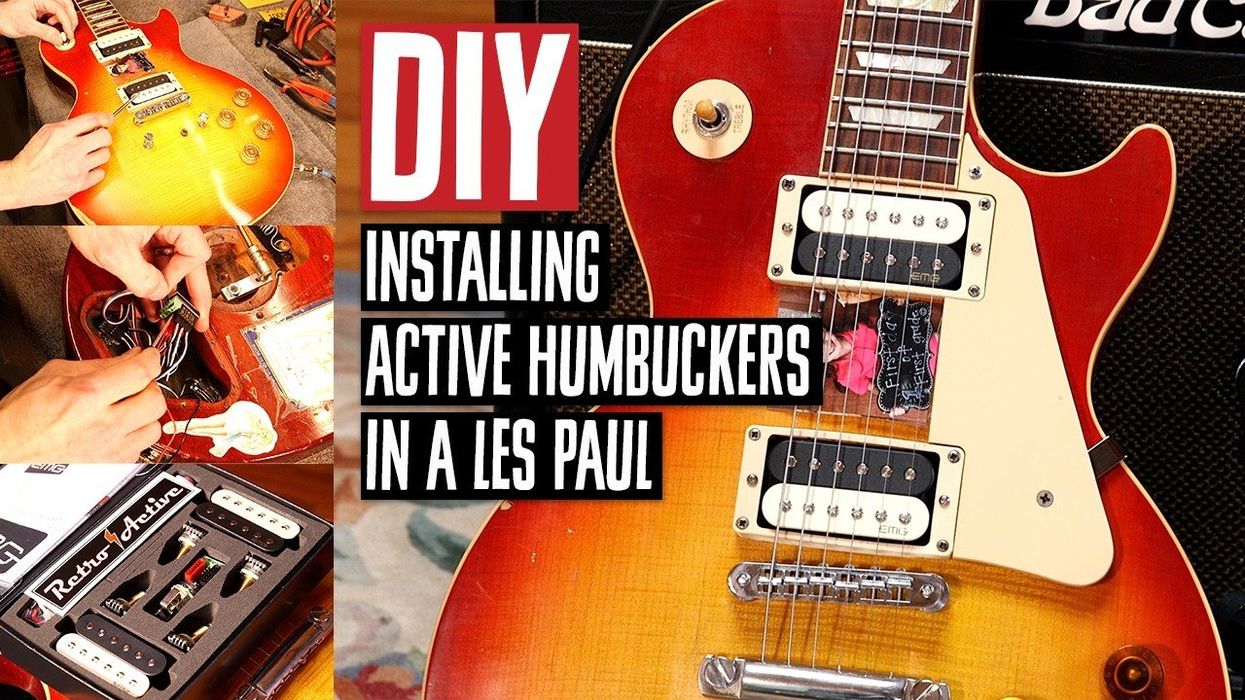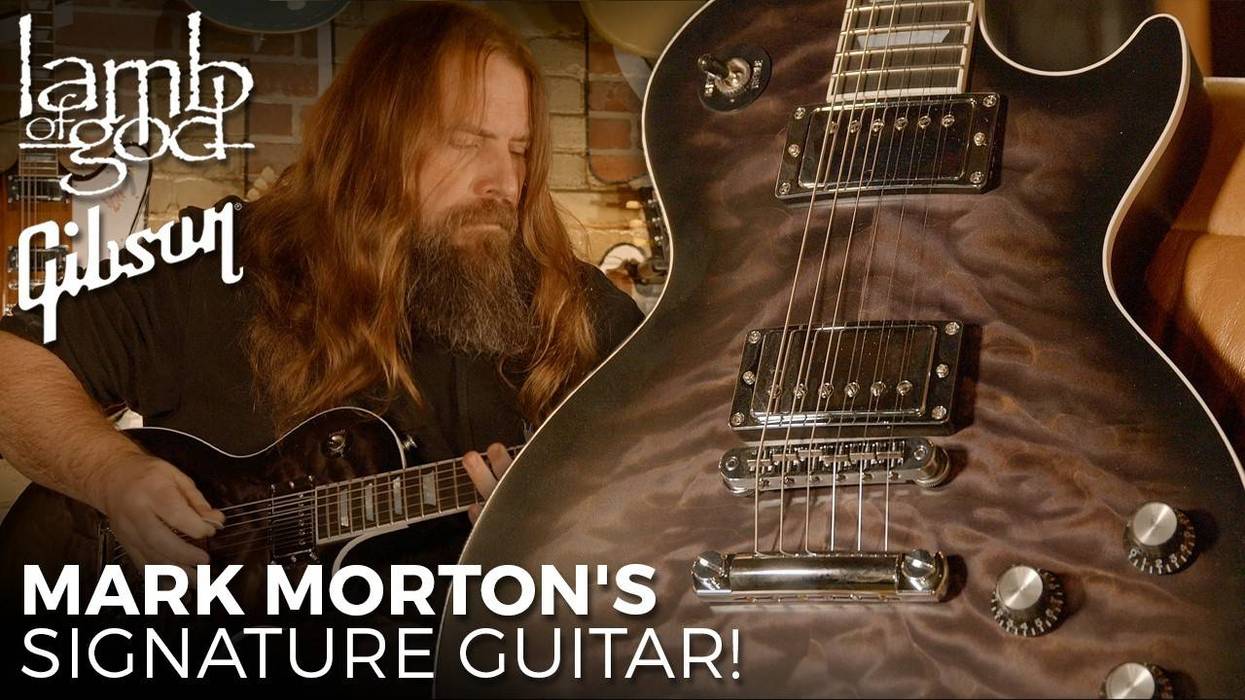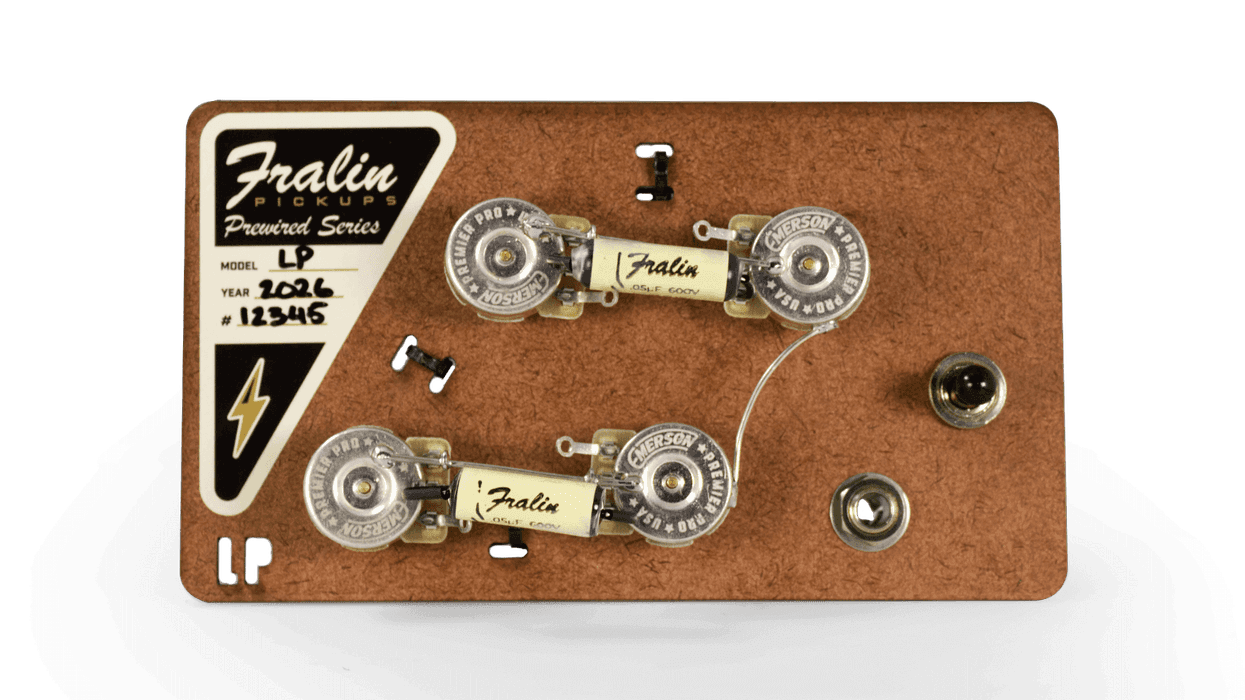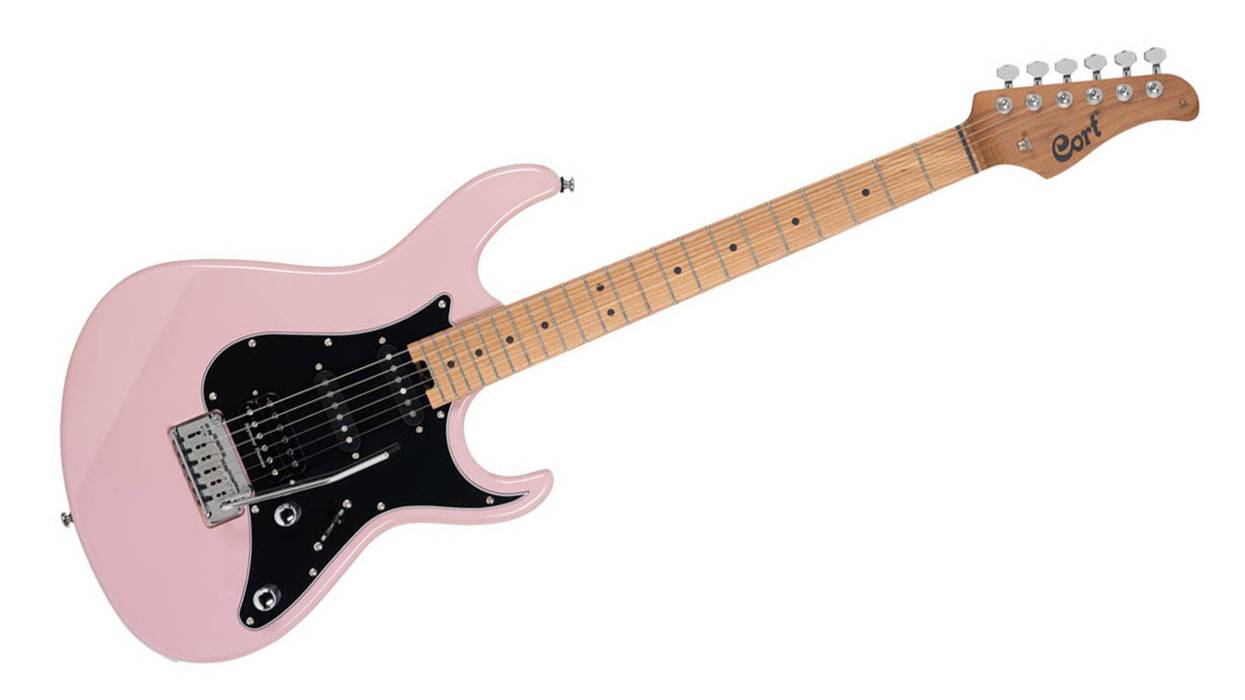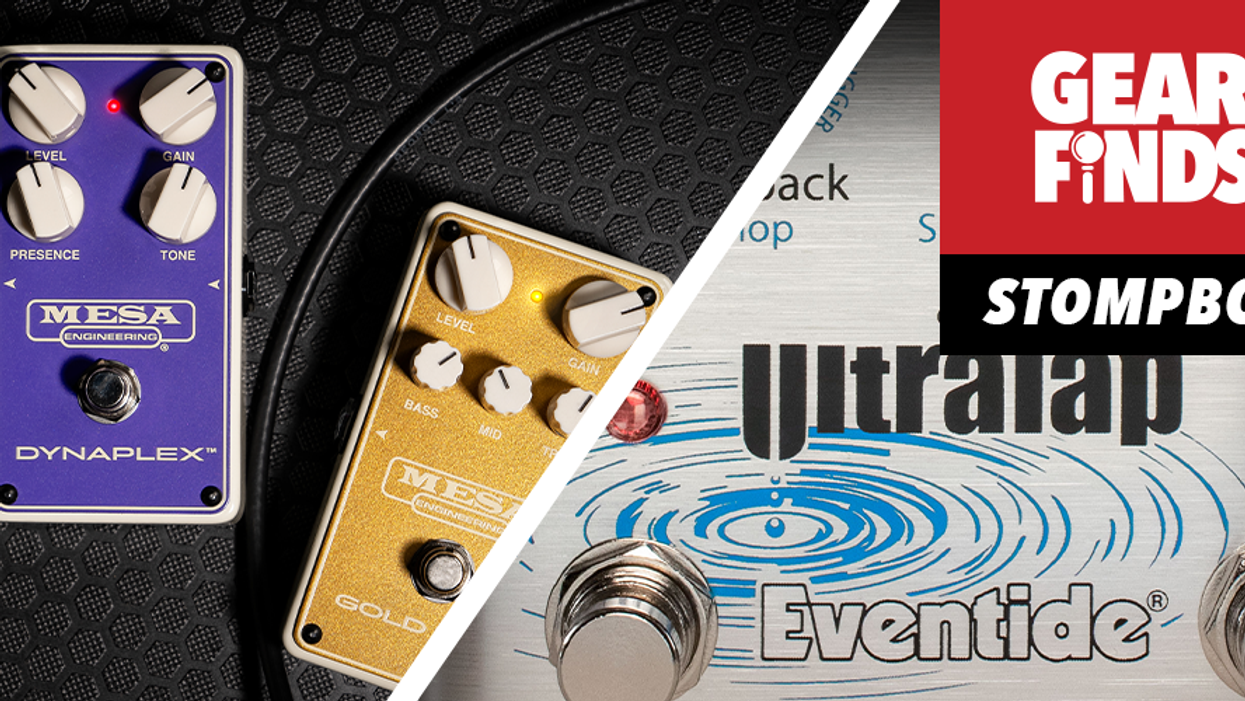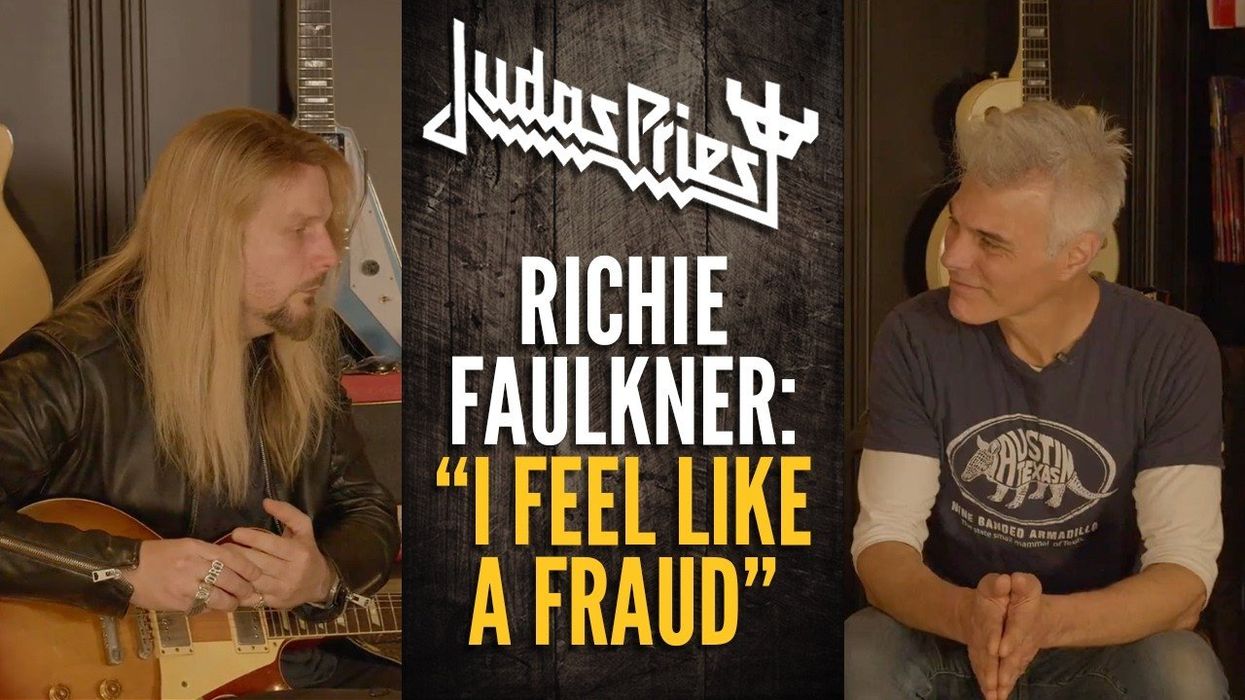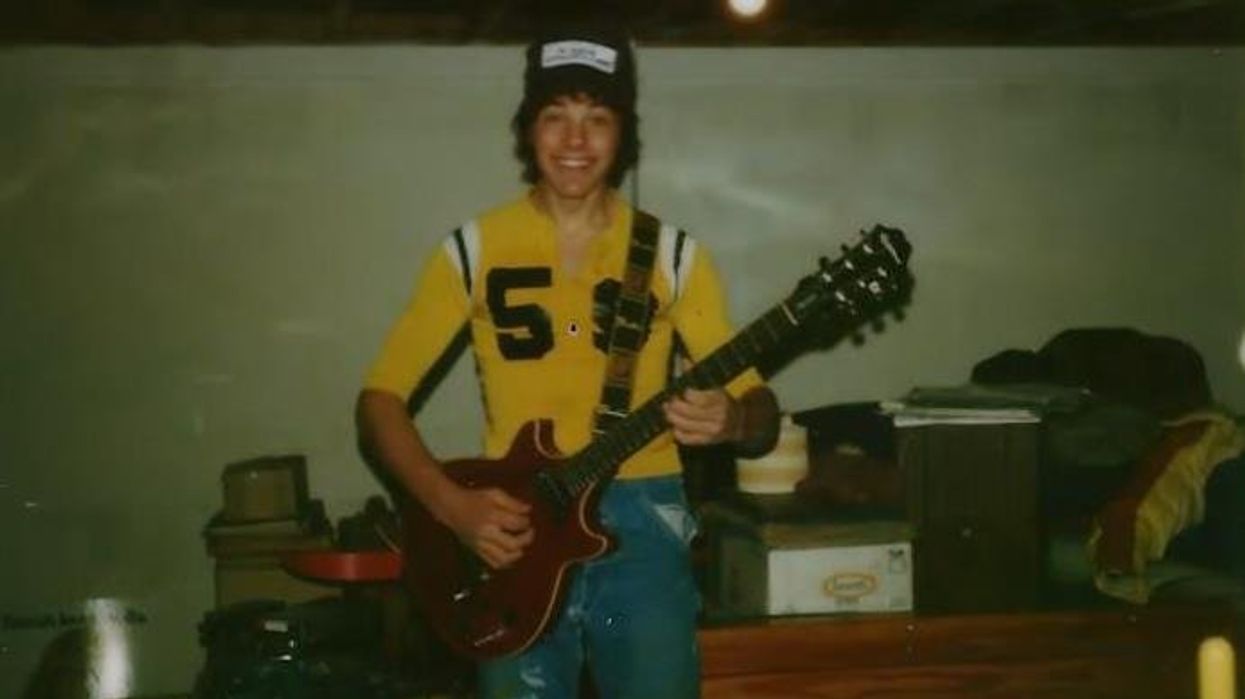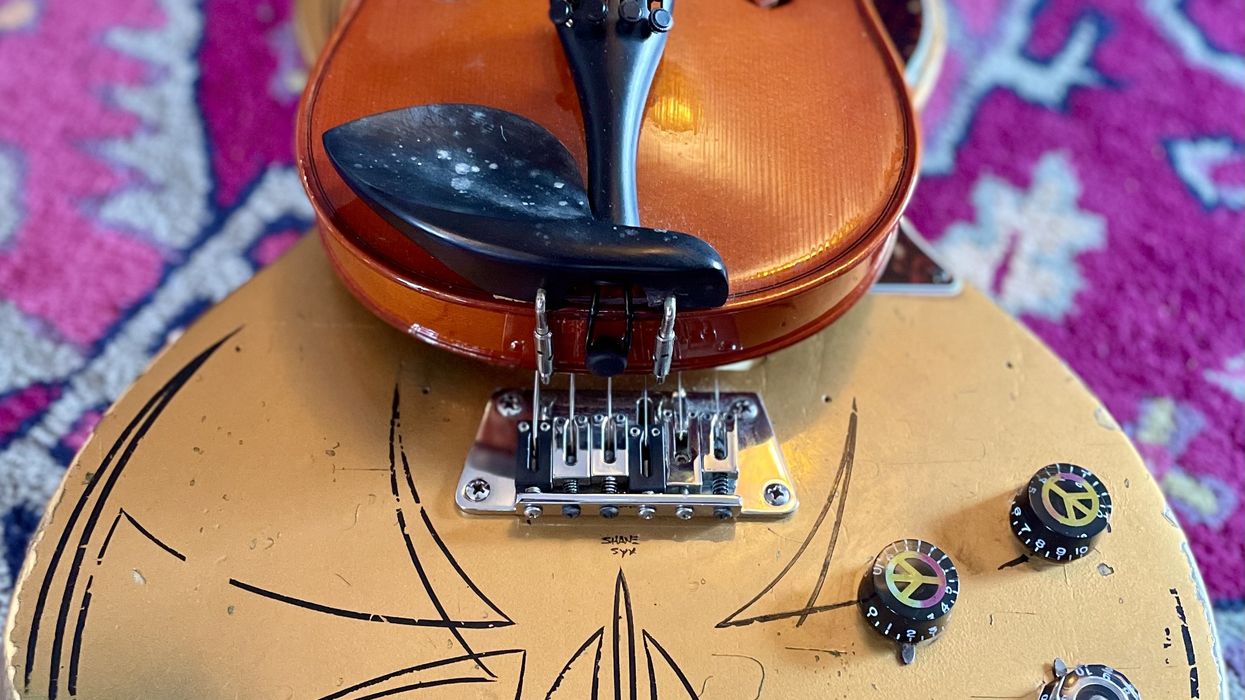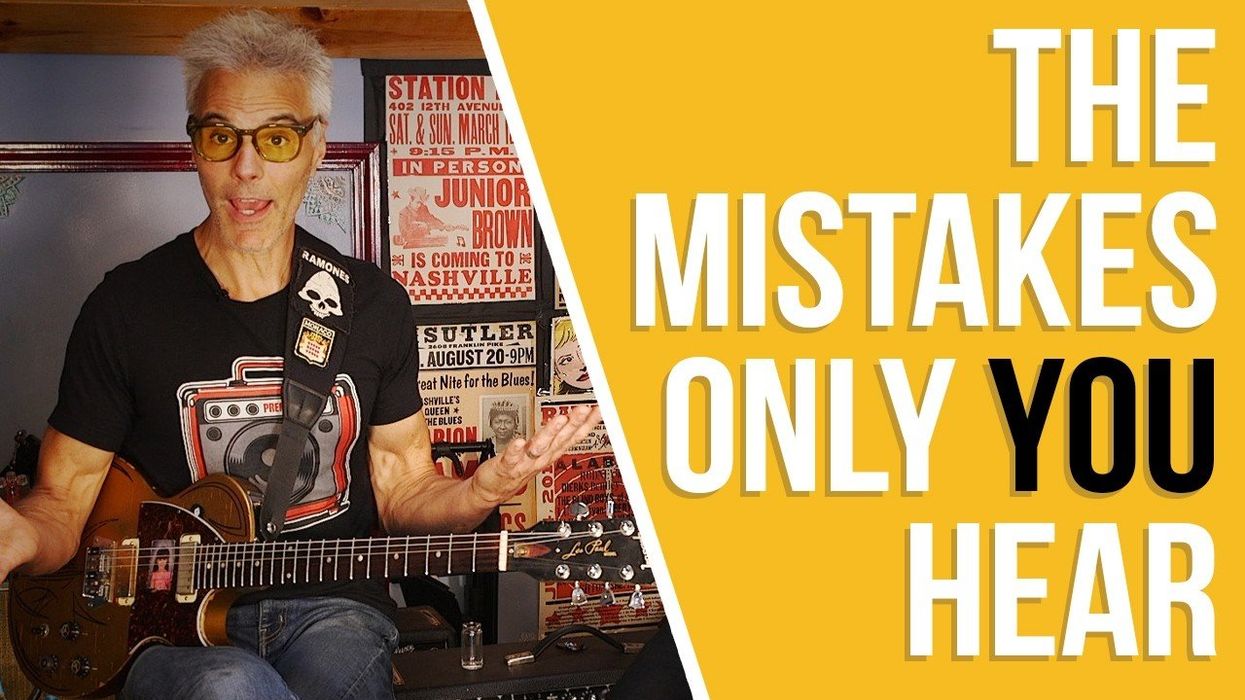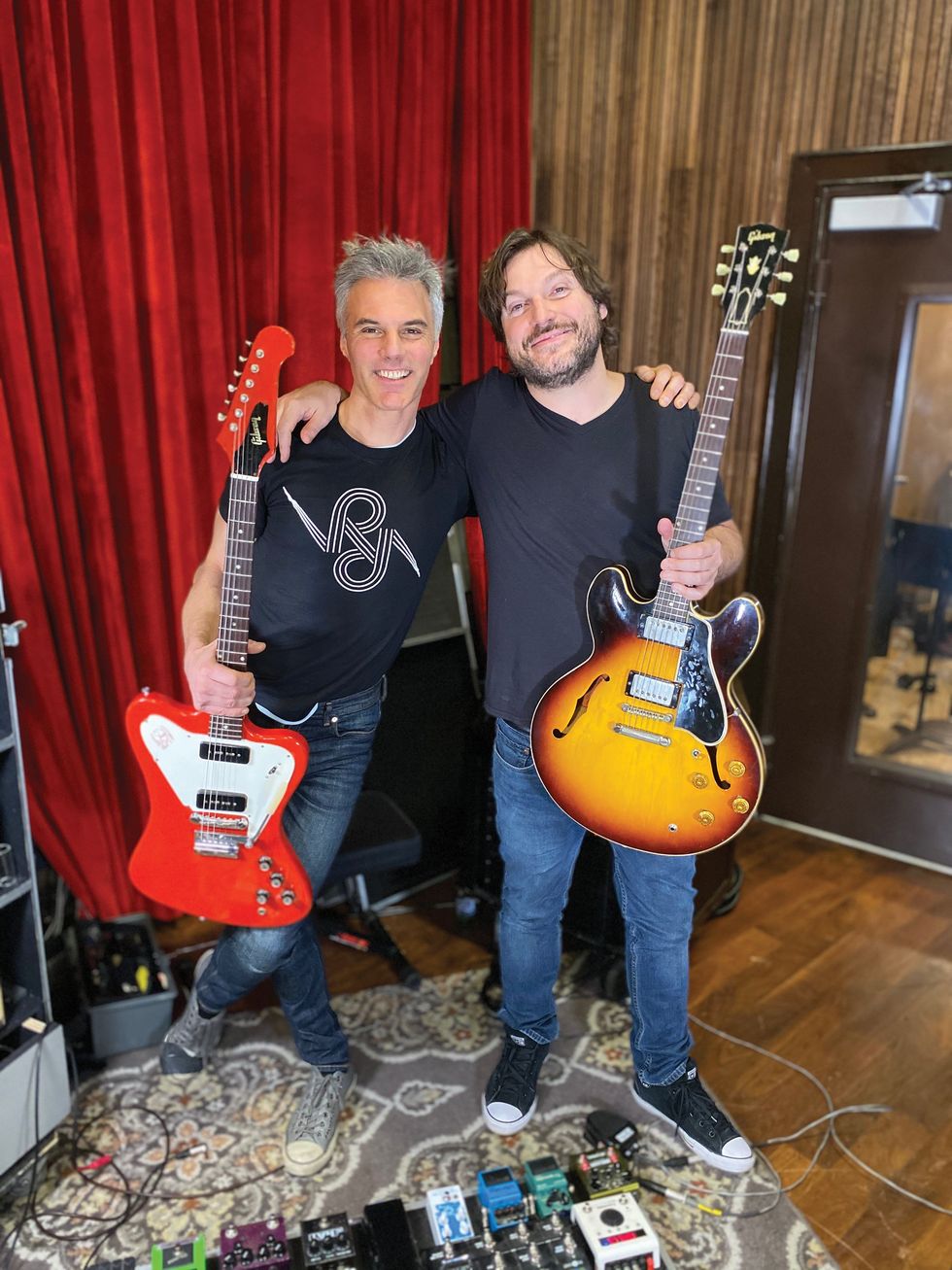I tried to find every pedal in the world.
There’s this harmful and productive thing that can happen when two obsessive people get together. I think of it like a whirlwind, where the collective momentum just spirals out of control. There’s no rest.
This past year I co-wrote a book called Pedal Crush. It’s a big, hefty thing that focuses on the art of using pedals, and it was probably the most difficult project I’ve ever worked on. Kim Bjørn, my co-author and the owner of Bjooks, the publishing company, is absolutely that kind of obsessive, and so am I. When we set out to write this book, we tried to find everything. Every. Single. Pedal. Which was stupid.
It kind of feels like a fever dream, looking back on it. We just weren’t doing anything else—no evenings, no weekends, no summer. Just looking for pedals.
But we didn’t find them all. Of course we didn’t. That’s the state of the stomp really, in a nutshell. It’s bursting. There are so many pedals that a dedicated team can’t find them all, over the course of months.
So, I thought it would be valuable to take a moment to just stop and reflect a bit on excess and productivity, and what to make of it all. How to love what you already have in the face of infinite options, stay satisfied, and stop shopping.
• Find the four corners. This is an approach I’ve used when preparing to film demos. The idea is to really get to know a pedal—every single thing it is capable of, intentional or otherwise. I make it my goal to find some sounds that even the designer didn’t know about. If you find yourself losing interest in a pedal and drifting towards your credit card, give this approach a shot instead.
• Experiment with small. About 10 years ago, I watched a jazz tutorial that stuck with me. The idea was that small movements and changes are the key, rather than jumping from place to place. Small, gradual, connected change: This is what gives jazz that beautiful sense of tension and resolution. This approach can be applied to any part of the musical process and is really helpful for productivity. If you’re not feeling inspired, try something simple like swapping around the order of your pedals. Or mess with the EQ/gain staging. Sometimes small changes can be profound, the way dropping one finger down a fret can resolve everything.
• Form bonds. It’s extremely valuable to have a few pedals you feel like you can really count on, and that only comes with time. Finding their quirks, discovering how they combine with other things, etc. It’s easy to compare what you have to a new release with shinier features, but comfort and familiarity are far more valuable when it’s time to get things done. If you never take the time to go deeper with your pedals, you run the risk of getting stuck on a treadmill, learning and re-learning instead of taking that next step with your music.
• Expect to be wrong. It doesn’t matter how you research—going to a store, watching demos. You won’t really know what a pedal does for you until it’s in your environment for a while. But it’s natural to form expectations, and that can lead to disappointment and writing a pedal off too soon. If you start expecting to be wrong and really give each pedal a chance, you may find something even better than you were hoping for.
• Take a vacation from change. Just for a while. Choose a time frame that makes sense for you—could be a month, could be half a year—and don’t change any part of your setup. Don’t even swap pedals you already have. Just leave it, and use it. By the end, you will be more resourceful, and know what really matters to you.
For better or worse, life with pedals is a quest. That’s part of the art. But sometimes, it feels good to just slow down and appreciate what you have. Hopefully these tips will help with that.








